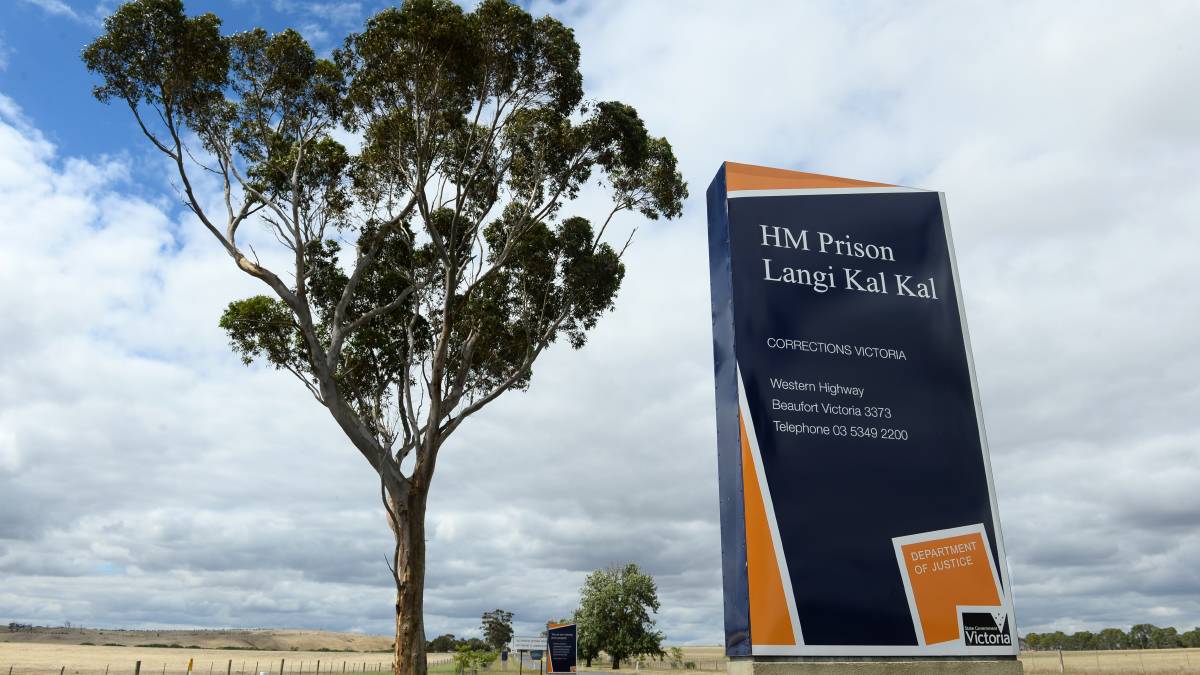 Buy Ambien Buy Xanax Buy Tramadol
Buy Ambien Buy Xanax Buy Tramadol
 Apply Now
Apply Now
 Buy Ambien Buy Xanax Buy Tramadol
Buy Ambien Buy Xanax Buy Tramadol
 Apply Now
Apply Now

By Leaders Forum 2017 participant Matthew Dent
Leadership Ballarat & Western Region recently took its Leaders Forum participants to what must have been, for many, their most confronting program day yet – a meeting with inmates at Langi Kal Kal prison in Trawalla.
Prison and the people incarcerated in it is not something most of us have much cause to think about most of the time, perhaps never if we are fortunate.
When we do, it is typically in overwhelmingly negative terms.
The media shows us the most terrible of the atrocious actions, the devastating harm caused which led to society deciding that certain people should be locked away, sometimes for many, many years.
But what happens in prison and, more importantly from many people's point of view, what happens when prisoners are released?
Again, we hear the terrible but less of the normal and, as a society, we seem to try to actively ignore the tragic.
That was exactly what this prison visit was intended to make us think about.
We met some people who must have committed some terrible harm – we weren't told what and didn't ask – but it must have been substantial.
The question for these prisoners, however, was what now?
They were all close to release, either on parole or permanently, and had to face the outside world, the unknown, the unstructured, and the prejudice of the real world. They were terrified.
Some had support, so would have a place to live at least, but were facing a future where most job opportunities would be closed to them; certainly, any position of trust was not even being considered. A lifetime of menial work.
Others were less fortunate: aged, unsupported and without savings or resources, facing a future where rental housing would be denied to them and shoveling shit would be considered a good job.
I can't help but imagine a tragic end, dying early, homeless and lost.
Is this massive level of distrust and prejudice justified?
It's a fact the recidivism rate is around 40 per cent, so the probability that someone who has been in prison will commit another crime is certainly higher than the general population.
But how much of that is cause and how much is effect?
For all its terrible restrictions, prison is at least reliable food and accommodation, and the chance to be more or less equal with those around you. The evil they know, perhaps?
To quote the Shawshank Redemption: "These walls are kind of funny. First you hate ’em, then you get used to ’em. Enough time passes, gets so you depend on them".
Of course, none of this deals with the question of if these prisoners should be forgiven.
On the one hand, they have done the time that the law says they should for their crime, but whether that is enough will always be a subjective question. Perhaps only their victims can decide that.
The challenge we, as a society, face is that we are trying to do two dynamically opposite things at the same time.
Justice should punish and deter and, therefore, must be terrible.
Justice should rehabilitate so that criminals contribute to society rather than burden it, therefore must offer a meaningful pathway back into society.
They don't work together and they don't work in isolation either.
Would you like a sex offender or murderer living next door? Probably not.
Would you rather them homeless and desperate, sleeping in a bus stop where schoolchildren gather every morning, because they have no job and no place to live? Definitely not.
Is any person irredeemable? As an individual, you have every right to say no.
As a society, it's pretty clear that saying no doesn't work very well.